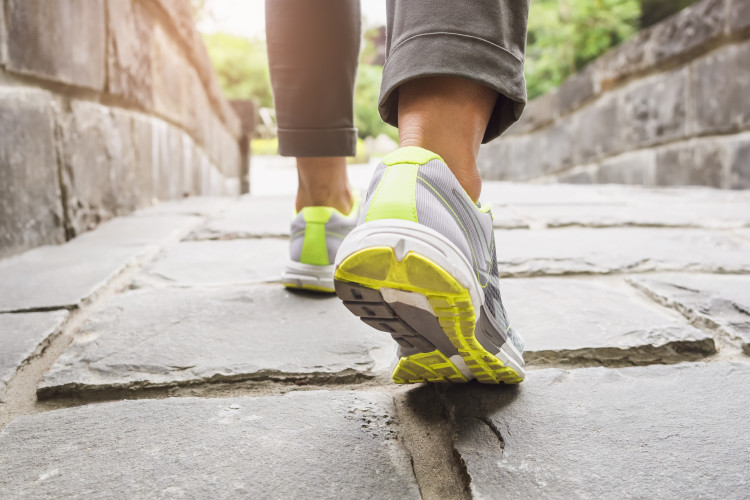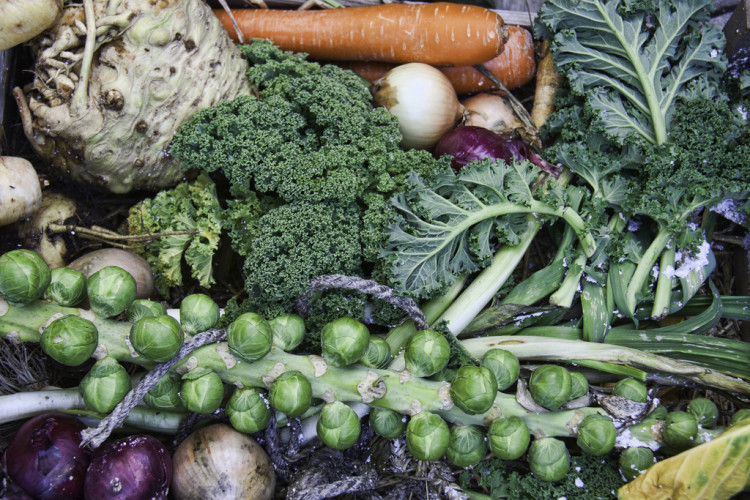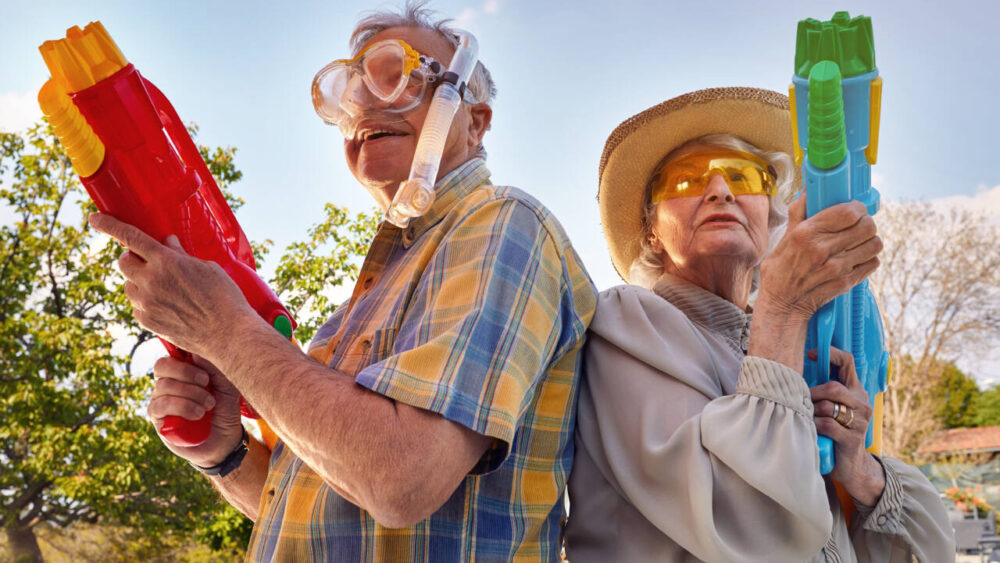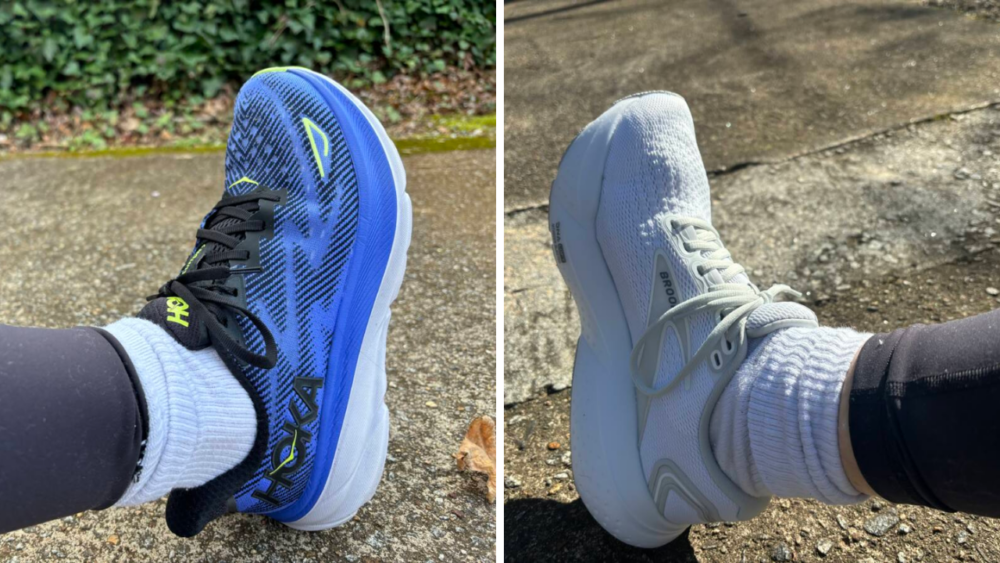Here’s How To Slow Down The Aging Process, According to A Nobel Prize-Winning Biologist

You’re getting older. Sorry, but it happens—to everyone. The effects of aging, however, don’t have to accompany the passing years—at least not as rapidly. A new video from Business Insider and Nobel Prize-winning biologist Elizabeth Blackburn explains the aging process and how we can slow down its effects.
Blackburn won the Nobel Prize in Physiology or Medicine—along with Carol W. Greider and Jack W. Szostak—“for the discovery of how chromosomes are protected by telomeres and the enzyme telomerase.”
Telomeres hold the key to the effects of aging. They protect our DNA, but over time, wear down. When that happens, we age. Everyone will age, but some of us age faster than others. That’s where taking care of our telomeres comes into play.
In the video, Blackburn says we have the power to “slow down the onset or likelihood of getting diseases of aging.” To better explain how our body ages, she uses a simple example:
“Picture, if you will, a shoelace and at the end of the shoelace, there are little protective tips, often plastic,” she says in the video. “And if you imagine the shoelace is your DNA, then the protective tips at the end are called telomeres. Now, this matters for our cells because if the DNA is damaged by losing the telomeres when they get too short, then the cells can’t renew themselves.”
Blackburn says it is the damaged telomeres that speed up aging and particularly the onset of many of the diseases we get when we age—“like cardiovascular diseases, diabetes, dementias, even stroke and lung diseases.”
If we keep our telomeres healthy, we can slow down the process of deterioration. The good news? We have the power to actively help protect our telomeres.
Blackburn says just getting exercise helps keep telomeres from getting damaged, and you don’t have to be a marathon runner (unless you want to). Simply walking briskly three times a week for 45 minutes is enough, she says.
Diet also plays a huge role. Make sure you’re eating healthy foods—like fruits, vegetables and nuts. Blackburn also suggests the Mediterranean diet, which continues to be praised by doctors and other health professionals.
The fact that exercise and diet help maintain your telomeres also explains why staying active and eating well have such good effects on your health.
“We can see inside the cells that they’re helping to slow down cell aging because they’re helping to slow down the rate the telomeres wear down,” Blackburn says.
So if you needed yet another reason to eat healthy and exercise, here you go: It will keep you young.
To learn more, check out Blackburn’s book: “The Telomere Effect: A Revolutionary Approach to Living Younger, Healthier, Longer.“







